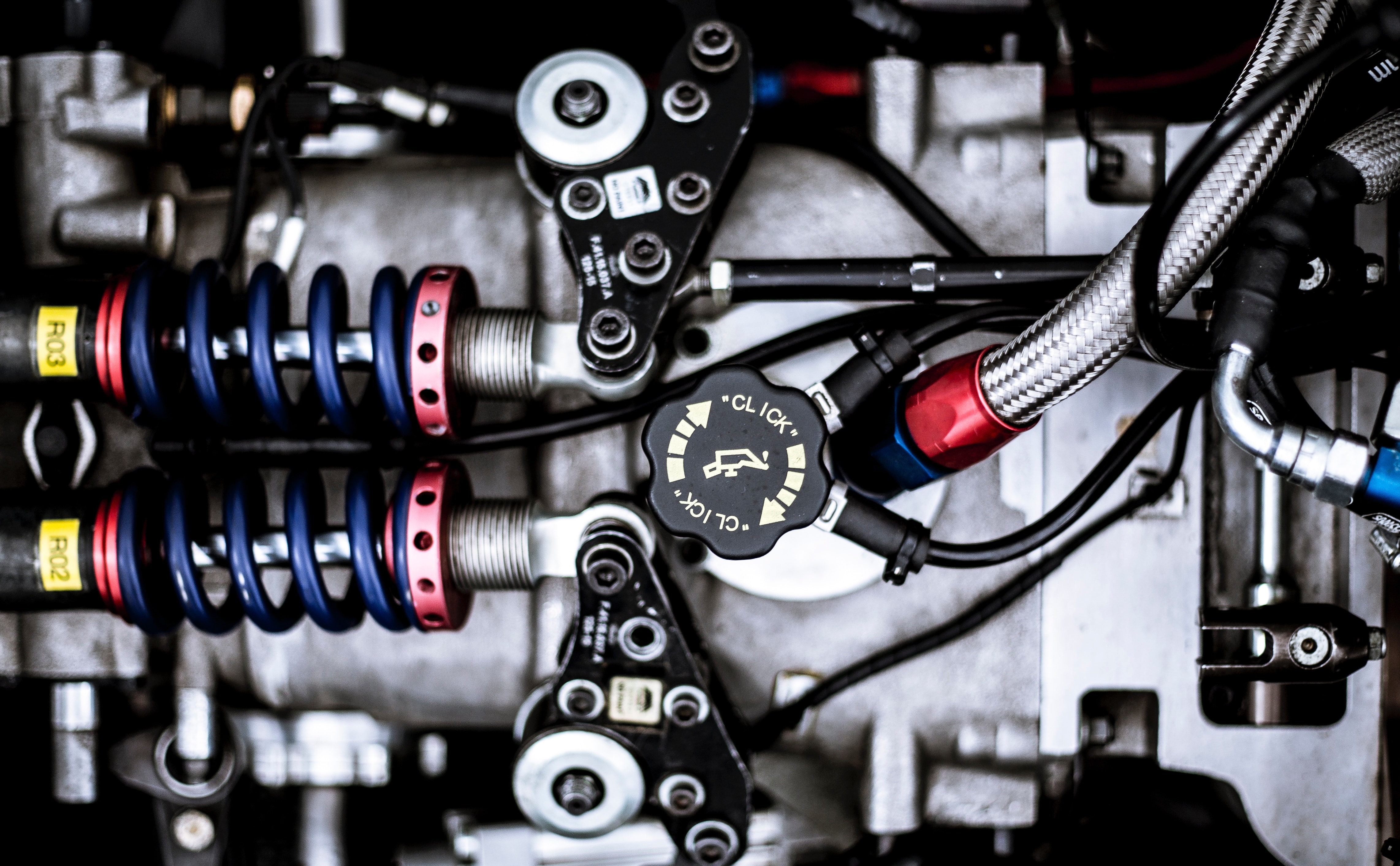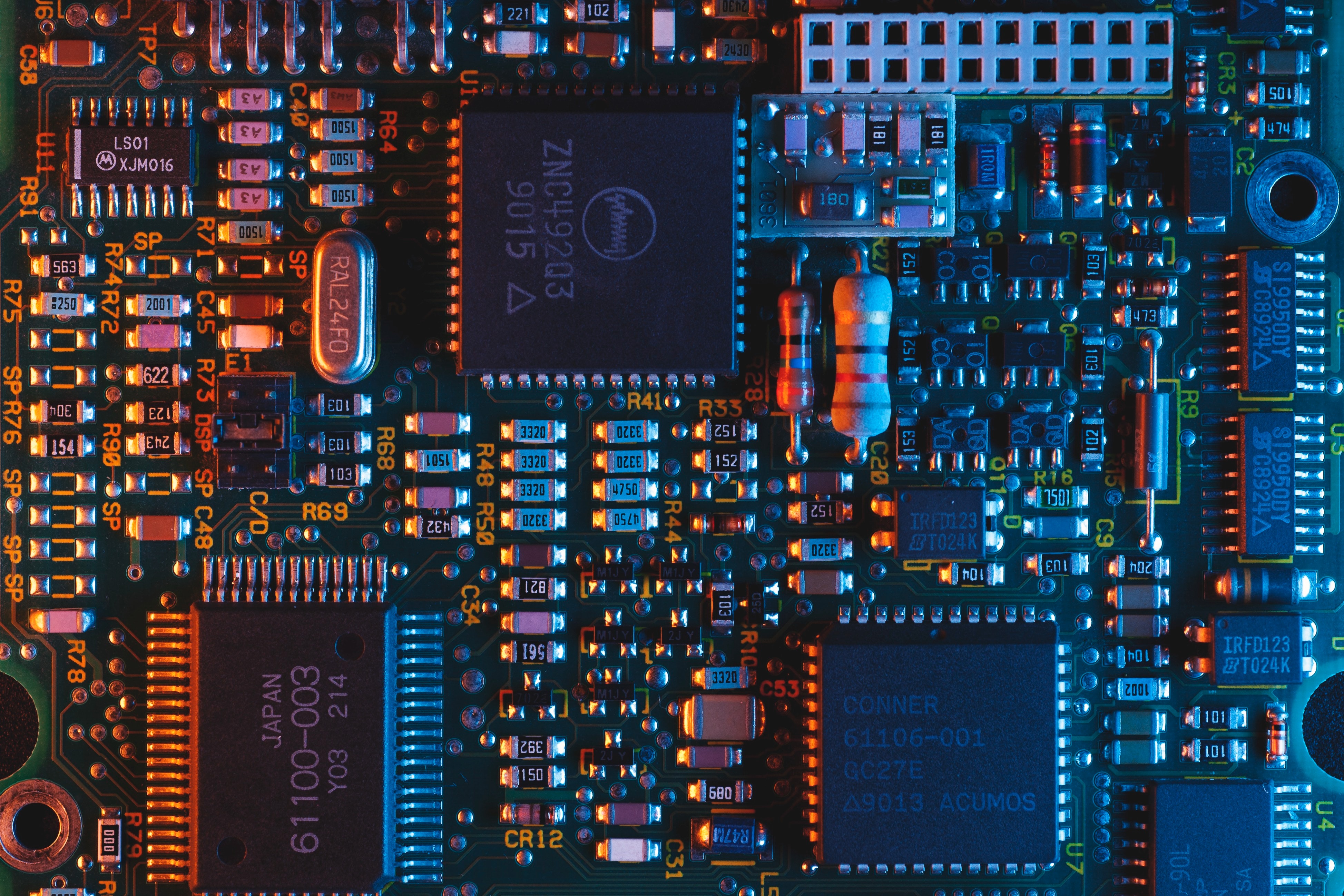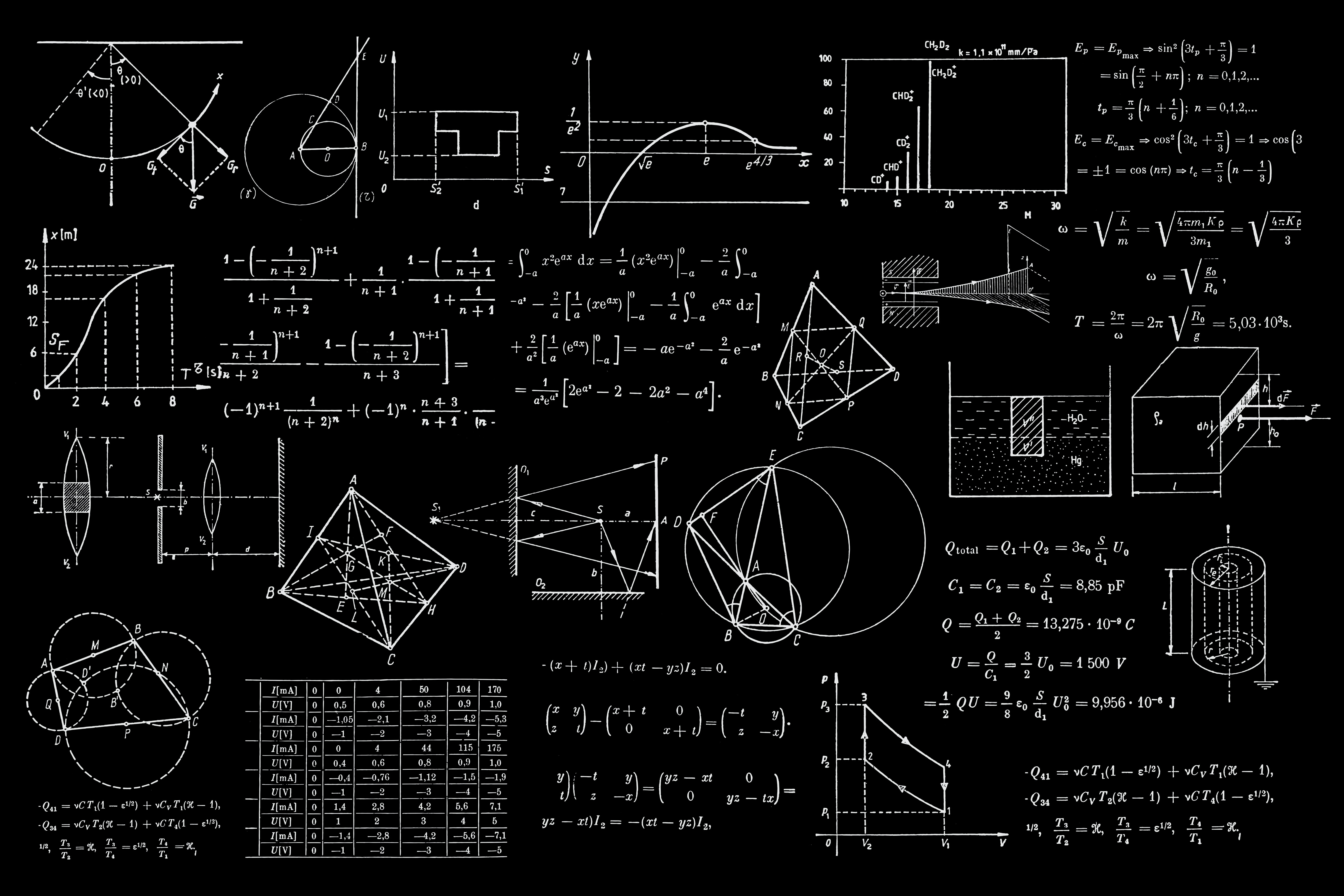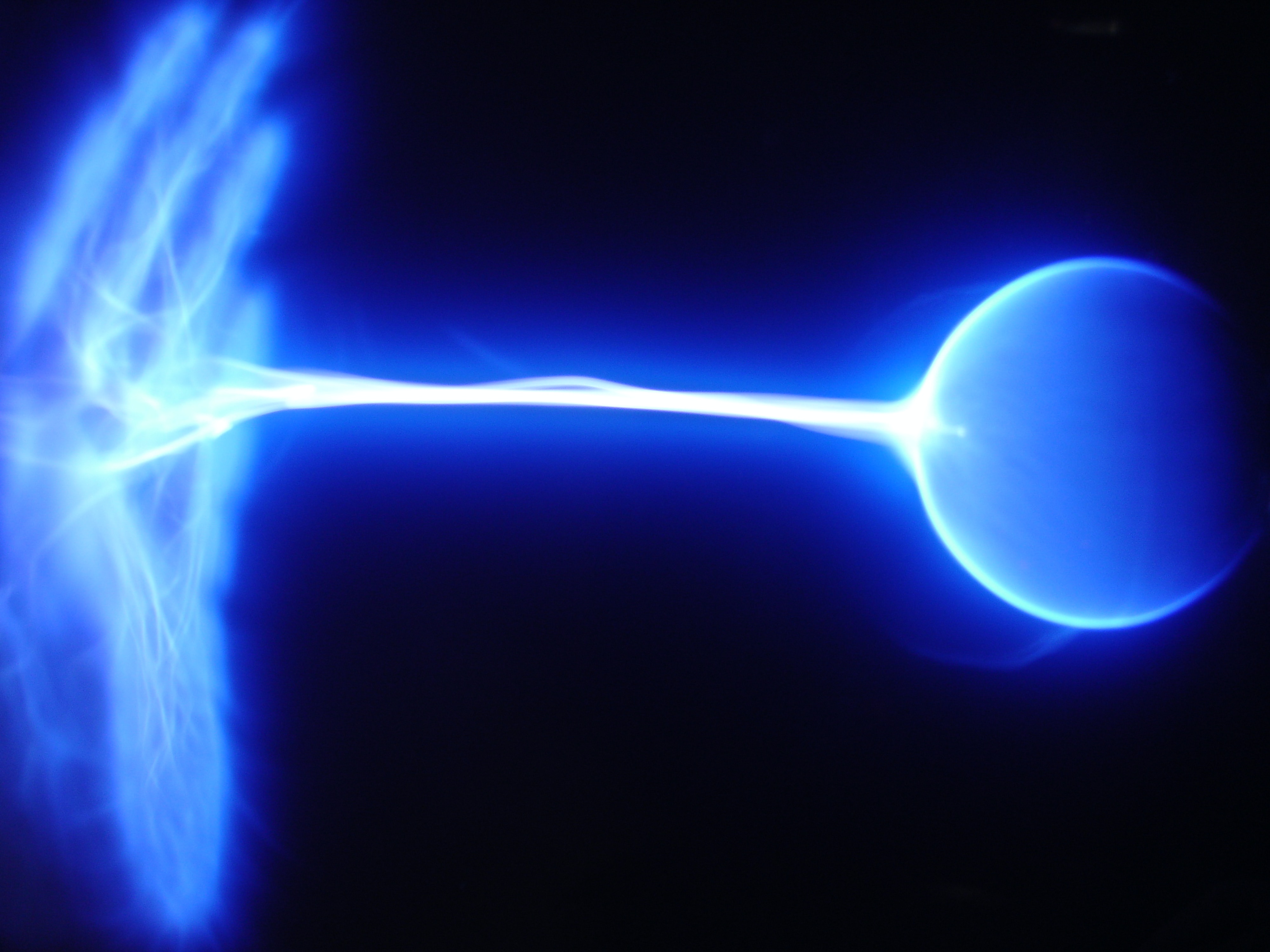
VISION
Student-led Energy Research.
Innovation that Inspires.
The Vanderbilt Fusion Project is a transformative, cross-disciplinary engineering project team and research initiative.
By building a functional miniature nuclear fusion reactor, we hope to spark innovation and inspire others within our campus, community, and nation.
Our goal isn’t just to design, fabricate, and utilize a fusion reactor—it’s to create a unique space for our team members to develop the background and skills necessary to become creative engineers, innovators, and leaders.
Oh, and we'll smash some atoms at ultra-high energies too.

OUR FUSION DEVICE
An Adaptable, AI-Driven Fusion Research Test Platform.
INERTIAL ELECTROSTATIC CONFINEMENT
1,000,000
Fusion Events / Second
400 Million °C
Target Temperature
Producing 1,000,000 nuclear events per second, the Vanderbilt Fusion Project's compact modular reactor enables cutting-edge research in fields from nanomaterials to plasma dynamics. We're creating and controlling one of the most extreme environments on the planet.
Our reactor integrates both high-voltage and ultra-high vacuum systems, and is engineered to perform as an adaptable, cross-disciplinary test platform. Our control systems apply machine learning and plasma modeling to optimize reactor performance, and gather valuable test data.


ULTRA-HIGH VACUUM SYSTEMS
8 x 10-8 Torr
Ultimate Pressure
1 x 10-3 Torr
Operating Pressure
Our system includes a completely computer-controlled ultra-high vacuum system. The fusion device operates at a pressure more than 10,000 times lower than atmospheric pressure, and the system is able to achieve floor pressures more than 10 billion times lower than standard pressures.
This vacuum system enables the device to operate under ultra-clean fusion conditions, with over 99.99% pure gas in the system.
IMPACT
Vanderbilt Fusion in Numbers.
1
Student-led Research Lab
8
Interdisciplinary System Teams
20+
Different Majors Represented
60
Student Team Members

HIGH VOLTAGE POWER SUPPLY
50,000 V
Maximum Operating Voltage
10 mA
Particle Beam Current
We use extremely strong electric fields to accelerate deuterium ions to maximum energies of 50 keV, corresponding to hundreds of millions of Kelvin in particle temperatures.
Our power supply is completely computer-controlled, and our device is capable of taking real-time potential and beam current readings. By combining electrical input/output data with machine learning driven by neutron and plasma outcomes, we're able to expand the frontiers of inertial electrostatic confinement fusion controls.
COLLABORATION
Our Partners & Supporters





WHY VANDERBILT FUSION
A Star the Size of a Soccer Ball.
Democratizing Access to Fusion.
Producing 1,000,000 nuclear events per second, the Vanderbilt Fusion Project's compact modular reactor will enable cutting-edge research in fields from nanomaterials to plasma dynamics. We're creating and controlling one of the most extreme environments on the planet.
Our reactor integrates both high-voltage and ultra-high vacuum systems, and is engineered to perform as an adaptable, cross-disciplinary test platform. Our control systems apply machine learning and plasma modeling to optimize reactor performance, and gather valuable test data.





